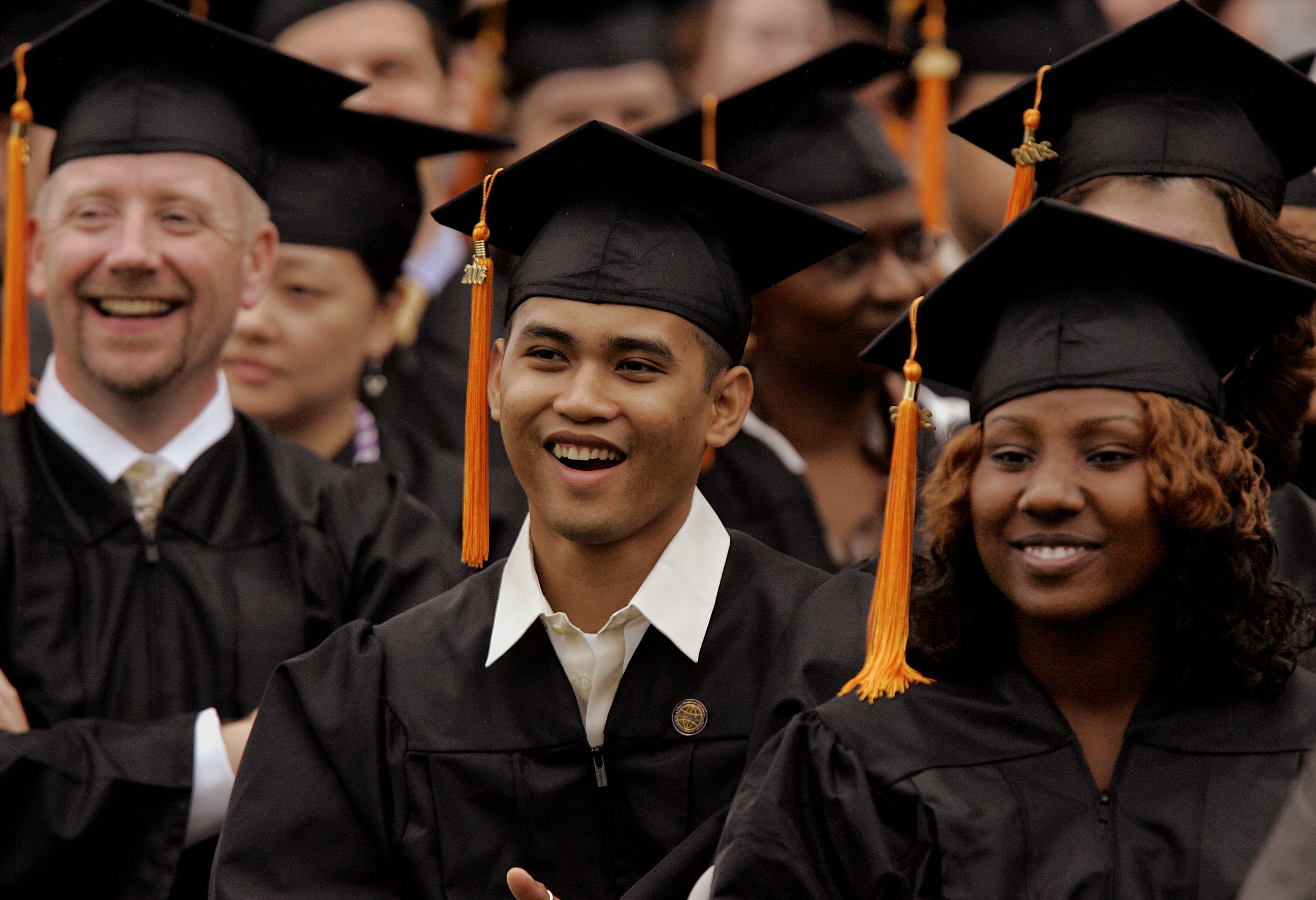What Foreign Students Think of Americans
Having gone to school in Hong Kong and California, I know that what people think about American students generally depends on how many of them they know.
By Jessie Yang, University of Hong Kong
How do people from other countries perceive American students?
Once American students step out of their motherland, they would be surprised by how negatively people from other countries consider them. While I was studying in Hong Kong, I could always sense the difference in my classmates’ tones when they talked about American students.
Even for exchange students from foreign countries, Europeans are seldom willing to interact with Americans. “We are different from American students,” a girl from England told me.
Cultural differences are inevitable, but I am curious about the reasons that make American students so unpopular. So, after reflecting on my experiences in Hong Kong and now in California, here is what the students from other countries think about American undergrads.
“Ignorant” Americans
During summer two years ago, I volunteered at a camp for high school students, where university undergrads from different nationalities held activities to engage high school kids in learning English.
I remembered when we were chatting one night, an American exchange student mentioned an important episode in American history, but other the students and I failed to understand it, because we were never familiar with it.

He turned to his friends and said loudly that he could not believe there are people who had never heard of it. I remembered my friends and I were shocked and confused, because we wouldn’t assume that others know about the history of our countries. I didn’t think much about the experience, but the more people I encountered, the more I began to have a negative impression of American students.
“Why don’t you use forks? Isn’t is much more convenient?” “Why don’t Hong Kong students drink? How can they live their lives like that? It is so boring.”
During my lunch hours, I heard these words again and again, the voices of the American students so loud and confident, despite being surrounded by the very students they were insulting.
American students I encountered in Hong Kong often spoke without an appreciation of cultural diversity, observing their foreign surroundings through only their own perspectives and making no attempt to understand their surroundings.
I saw the movie “Hidden Figures” a few days ago, which details the story of three African-American women behind NASA’s great space mission. There’s a scene in which the manager (Kristen Dunst) tells Dorothy Vaughan (Octavia Spencer) that she has nothing against the black women. “I know you probably believed that,” Dorothy replies.
Perhaps those American students haven’t done anything wrong intentionally, but they subconsciouslyshowed a sense of superiority that deprived them a chance to understand and accept another culture.
My Experiences in the U.S.
It has been a month since I arrived in California, and since being here, I have started to change my perspective toward American students. On a Saturday afternoon, my roommate, who is a local student, asked me, “Do you think Americans are rude?” She said her professor told them that international students often consider American students rude because they do not take greetings seriously. I said I was indeed confused about the common phrase, “How are you doing?”
In my own culture, when people ask how I am doing, they usually mean it. However, if I begin to talk about how I really feel here in U.S., it would only seem awkward. Although I get used to answering “great” to those greetings, I still find it hard to tell whether someone means it when they say, “Let’s hang out sometime.” I would rather the person not say it when he/she doesn’t mean it.
“Perhaps we always think we are being nice, but in fact it is the opposite,” my roommate told me.
I still wanted to know why American students were considered ignorant, but this time I decided to hear local people’s point of view. I talked to my TA, Alexis, about her opinions, and she told me the Eurocentric mindset in history could be one of the reasons.
Students here rarely learn about world history. Even when teaching about WWII, the story of the U.S. is the main narrative. As for literature and art, Asia and Africa are seldom mentioned. “History textbooks never mention that American history is based on homicide of Native Americans,” said Alexis.
Lacking exposure to the world outside the U.S. could explain why the American girl I met in summer camp was surprised we didn’t know about American history. Her knowledge is based solely on the false homogeneity she learned.
I asked Alexis whether the label “American” made her feel any difference when she went abroad for further studies.
She told me there were times she wished that she was not an American.
She said American students were the ones that talked loudly on the Metro while ignoring other passengers. While she stayed in France, some students from Yale came for short-term studies, and they were so ill mannered that they never took others’ need into consideration. However, she also met some people who were rude to her only because she was an “American.”
Having stayed in California for a month, I began to realize my perspectives were partial as well. I based my judgements on my experience in Hong Kong University before I came to the U.S. without having deep conversations with local students. Although it is true that some American students are ignorant, there are others that are willing to listen and share their thoughts with me. While I talked about my experience here to my friends in Hong Kong, some of them were surprised. “I thought most American students were arrogant and rude,” one of them said. Most American students he met in Hong Kong were indeed arrogant and unwilling to learn from another culture.
However, generalizing facts from such small populations leads to stereotypes. The only way to demolish these stereotypes is to show respect to different cultures. So, American students, if you are reading this article, whether you agree or disagree with the label “ignorant,” try to listen and embrace cultural diversity when you go to other countries. A little effort makes a big difference.









